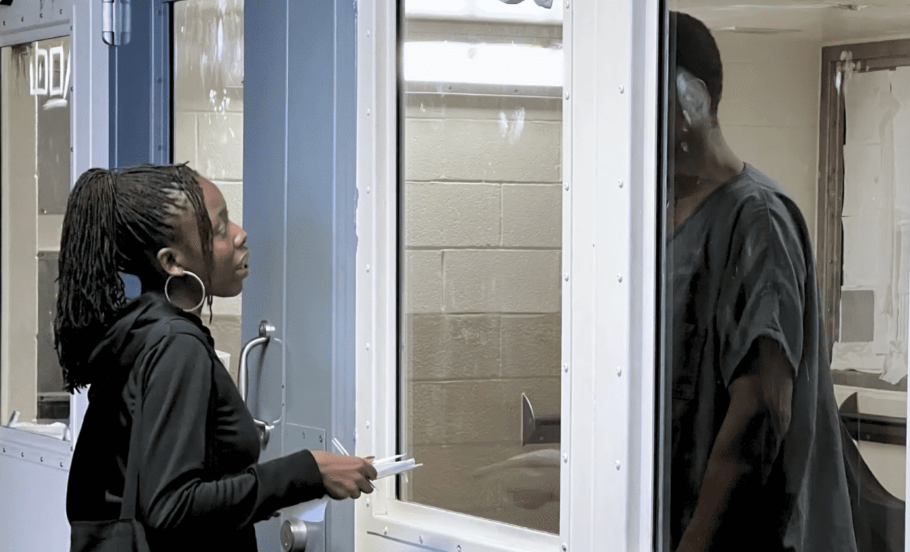Colorado Bill Mandates Voting Centers in Jails
"Folks in Colorado who are in jails will have the voting experience that the rest of society in Colorado has."

Last week, the Colorado legislature adopted a first-in-the-nation reform would require county sheriffs to better work with county clerks to facilitate voting for eligible voters who are confined in jails. Senate Bill 72 would require county sheriffs to designate someone to help eligible voters access their ballots. The designee would be responsible for informing confined individuals of their eligibility and coordinating with the county clerk to set up a temporary, in-person voting center at their local county jail.
Colorado would be the first state to enact this mandate. Nevada, Massachusetts, and Washington state have recently passed initiatives meant to make jail voting easier, but none feature the central requirement of Colorado’s of turning local jails into in-person polling places.
People who are incarcerated prior to trial or have been convicted of a misdemeanor are eligible to vote in Colorado. People who are confined and serving a sentence for a felony conviction don’t have the right to vote in Colorado, but once they make parole, they earn back that right. “Sixty percent of the general population across the state of Colorado are pre-trial, and so what you see reflected before you is a bill that will strengthen and ensure that those individuals have access to the ballot,” said State Senator Julie Gonzales, a Denver Democrat who sponsored the measure.
Several county clerks and other advocates testified in favor of the bill because of how it aims to improve detained people’s ability to access their fundamental right to participate in elections. Representatives from the League of Women Voters, the American Civil Liberties Union of Colorado, the Colorado Organization for Latina Opportunity and Reproductive Rights, Colorado Common Cause and other organizations spoke in favor of the legislation.
Denver Clerk Paul López has already helped people who are in Denver county jails vote with the help of the local sheriff’s office, CCJRC and the League of Women Voters. He said many pre-trial detainees are in jail “because they simply cannot afford their freedom.” “This would codify a program that my office currently runs to ensure voters in jail have equitable access to their ballot,” Lopez said. “My office’s role, and I want to make this clear, is that all eligible voters have the opportunity to access and cast their ballot … We do not exist to decide if someone is guilty or not.”
Hunter Nelson, political chair at Colorado Black Women for Political Action, cited a 2020 study from Colorado Common Cause that found most people in Colorado jails are eligible to vote, but the infrastructure and accessibility differing from county to county makes it difficult to know what to do.
Jefferson County Clerk and Recorder Amanda Gonzalez said 84% of the eligible voters in custody are awaiting trial and are still considered to be legally innocent, and Black, brown and low-income voters disproportionately miss voting opportunities because of this.
The bill only applies to statewide election issues on the ballot, because many people are confined in county jails outside of their home county and local clerks can only provide ballots for the elections they administer. Gonzales said the decision to include this limitation in the bill was hard to make, but she said, “It felt unreasonable to ask the county clerk from a completely different county to also keep track of municipal ballots.”
“It’s really a gold standard for what all states can aspire to,” Carmen López, an expert on jail voting for The Sentencing Project. “Folks in Colorado who are in jails will have the voting experience that the rest of society in Colorado has. I think that’s really important.”
Senate Bill 72 now heads to the desk of Governor Jared Polis (D), awaiting his signature.
To read more about Senate Bill 72, read "Colorado Lawmakers Pass First-in-Nation Mandate for Voting Centers in Jails" at the Bolts Magazine website.










